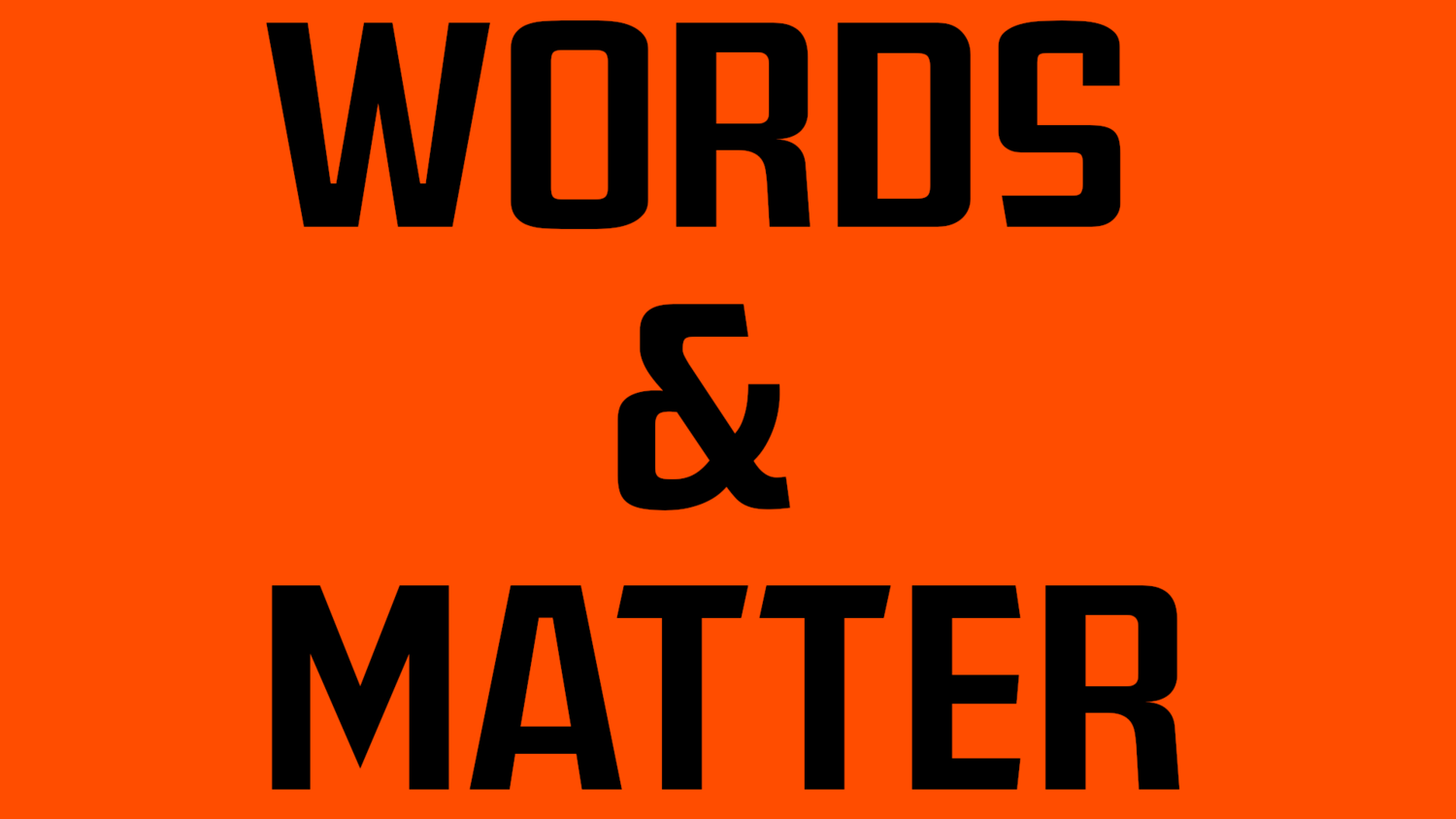Title tells of UK's first spin doctor
/The story of the UK's first 'spin doctor' should make for fascinating reading for anyone with an eye for communications...or maybe those with a strong love/hate for PR. Former journalist-turned-author Richard Evans has written a book about the UK's first spin doctor, Sir Basil Clarke, the man to be credited for enabling the Alastair Campbells of the country.
That might be unfair, for the former sportsman Sir Basil intended to be a pioneer in founding the country's first PR firm. He succeeded in 1927, and the UK government made use of his "propaganda by news" - an approach which meant providing facts specific to a preferred story.
Indeed author Richard Evans explains to Hold The Front Page exactly how Sir Basil was key in bringing PR to our shores.
“Although PR was well-established in America, no-one had thought it necessary in Britain. The war changed all that because everyone could see the power of propaganda.
"When Sir Basil started in the role, it was a pioneering move and he later moved to Dublin Castle as the occupation of Ireland was deeply unpopular.”
Although he was knighted for services in Ireland, Sir Basil did come in for heavy criticism. As the author of a British response to 1920's Bloody Sunday, he was accused of conjuring fiction by Sinn Féin.
Evans though believes, "All the evidence points to it being a mistake". Adding, "As founding fathers go I think he did believe in the ethics of public relations and had a reputation for standing up to people.” Apparently now and again he would do that with his fists; not a man to back down.
The whole of Sir Basil Clarke's story may no longer be well known. Yet From the Frontline: The Extraordinary Exploits of Sir Basil Clarke at Dunham Massey seeks to lift the lid on the UK's chief crafter of comment.











